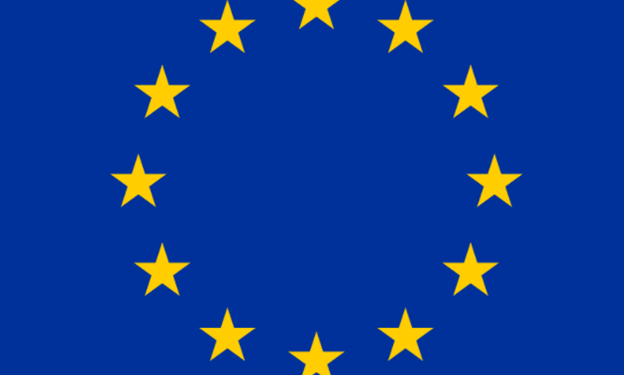(Greenwich Merchant Bank): Business activity in Europe’s largest economy (Germany) pushed higher, amidst uncertainties linked to the ravaging pandemic. Thereby, the IHS Manufacturing Purchasing Managers’ Index (PMI) climbed to a three-year high of 58.6pts in December, up 0.8pts from its previous mark.
The surge, which came mainly on the back of stronger demand from China, fuelled a steep rise in export sales, however, this was accompanied by an increasing strain in supply chains and raw material shortages, aiding a rapid increase in manufacturing input costs and the biggest rise in consumer prices since March 2019.
Read: NSE weekly report: Investors gain N1.025 Trillion in a perfect week
Meanwhile, the recovery of new businesses in the services sector did little to cross the 50-point threshold, and as such remained in the contractionary territory at 47.70pts, from November’s 46.00pts. The headline figure, consequently, settled at 52.50pts.
In a similar trend, France Composite PMI rose to 49.6pts in December from 40.6pts in November, which had marked a six-month low. Growth in PMI was driven by a notable expansion in the manufacturing sector, coupled with a moderate decline in output among firms in the Services sector. As a result, the Manufacturing and Services PMIs stood at 51.10pts and 49.20pts in December, from 49.6pts and 38.80pts, respectively.
That said, new orders rose for the first time in four months, backed by the increase in domestic demand, even as foreign orders continued their free fall, albeit at a softer pace. Raw material shortages also cornered the input cost inflation to a four-month high, similar to the German economy situation.
Following the improved readings for Germany and France, Eurozone’s private sector IHS Markit’s Manufacturing PMI recorded a better-than-expected performance. It printed at 55.5pts in December – a 31-month high from its previously recorded 53.8pts.
The Services PMI although within the contractionary mark, swung from 41.7pts to a 3-month high of 47.3pts. Consequently, the IHS Markit Flash Composite PMI for Eurozone surpassed analysts’ modest expectations, as it soared to 49.8pts from 45.3pts in November.
Generally, the performance of the private sector Manufacturing and Services on all three fronts was quite impressive, amid the outbreak of the second wave of the COVID-19 pandemic. However, underlying data revealed diverging trends in Europe’s two largest economies.
Germany returned to tougher containment measures (which might temper the progress made so far), and softer lockdown restrictions seen in France.
Narrowing it down, the expansive postings in Services, particularly in the Eurozone, beat analysts’ polls and indicate that the Services sector could return to expansion in early 2021 if this upbeat trend is sustained. Particularly, as the COVID-19 vaccines are being rolled out in bits and attempts are being made at developing other effective vaccines, business prospects appear to be improved.
Read more: The US Dollar to remain the dominant reserve currency for central banks – IMF
It is anticipated that a better-than-expected uptick may be experienced in both the Manufacturing and Services sectors as restriction measures are minimised by early next year. Hence, the hope that economic growth would continue to be spurred in Eurozone, should lower the drop in its GDP.
Notwithstanding our projections for the Eurozone, the caveat is with Germany in view of the more stringent COVID-19 lockdown measures currently being imposed, as virus infections near 1.5 million cases.
Accordingly, it is posited that the Services sector may be the drape covering Germany’s short-term economic outlook, given the government’s recent announcement of another round of COVID-19 lockdown protocol, which took effect from the 16th of January 2020 and will last till the 10th of January 2021.


























































